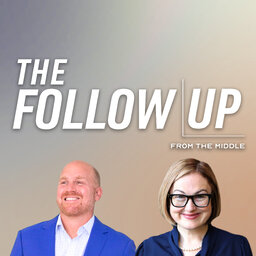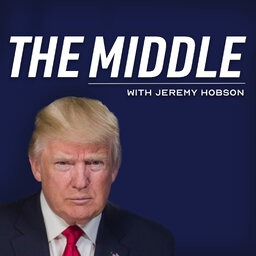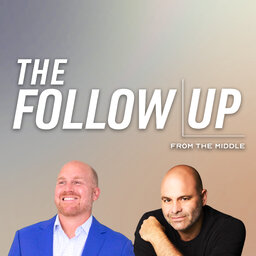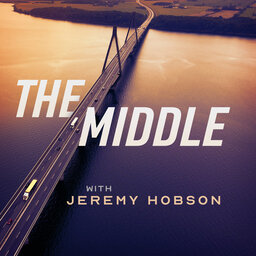Election 2024: Do you trust the polls?
On this episode of The Middle we'll be asking you if you trust the polls and, more importantly, if you're freaking out about them (of course you are). We're joined by Jon Ralston, founder and editor of The Nevada Independent, Clarissa Martinez De Castro, Vice President of the Latino Vote Initiative at Unidos U.S. and Berwood Yost, a pollster at Franklin and Marshall College. The Middle's house DJ Tolliver joins as well, plus callers from around the country. #polls #2024 #election #Trump #Harris
In 1 playlist(s)
The Middle with Jeremy Hobson
The Middle with Jeremy Hobson is a national call-in talk show focused on bringing the voices of Amer…Social links
Follow podcast
Recent clips

The Follow Up: Fear in Trump's First Year, Michigan and the Midterms
22:56

One year of Trump: How are His Policies Affecting You?
49:39

The Follow Up: Minneapolis, Maduro’s Capture, and the First Days of Mamdani
26:52
 The Middle with Jeremy Hobson
The Middle with Jeremy Hobson